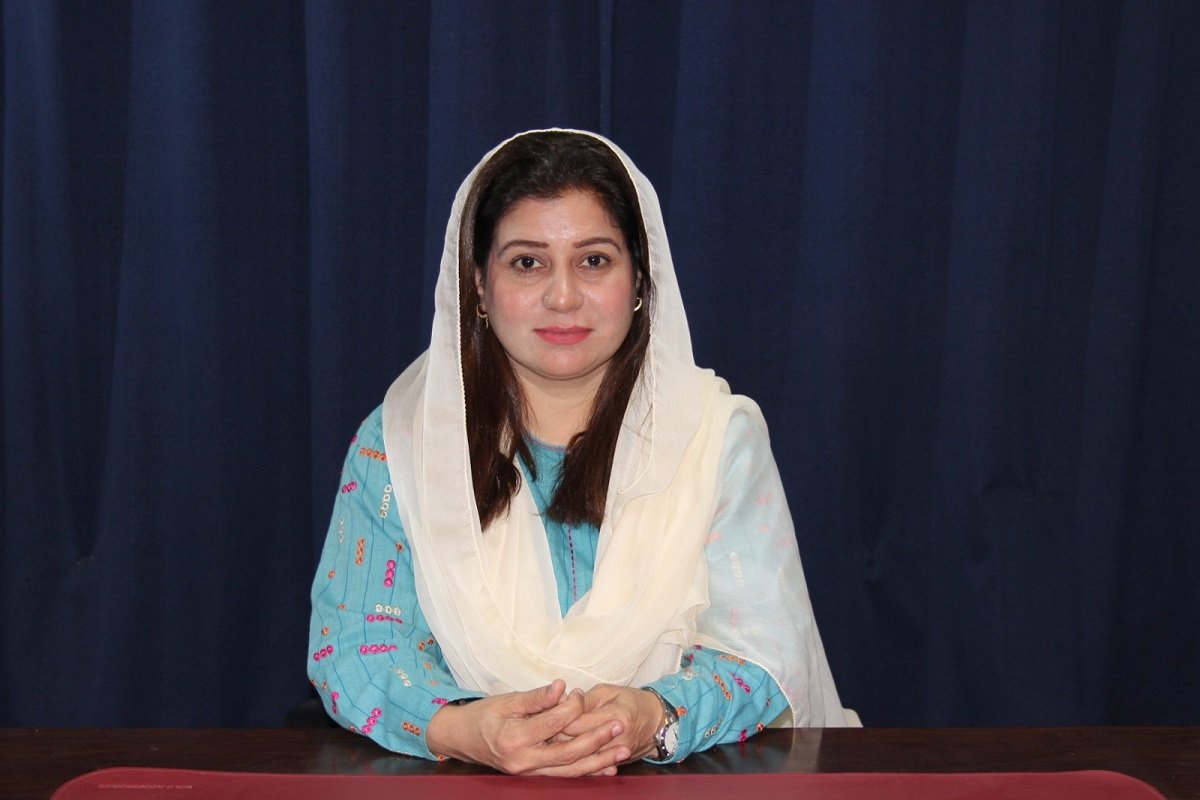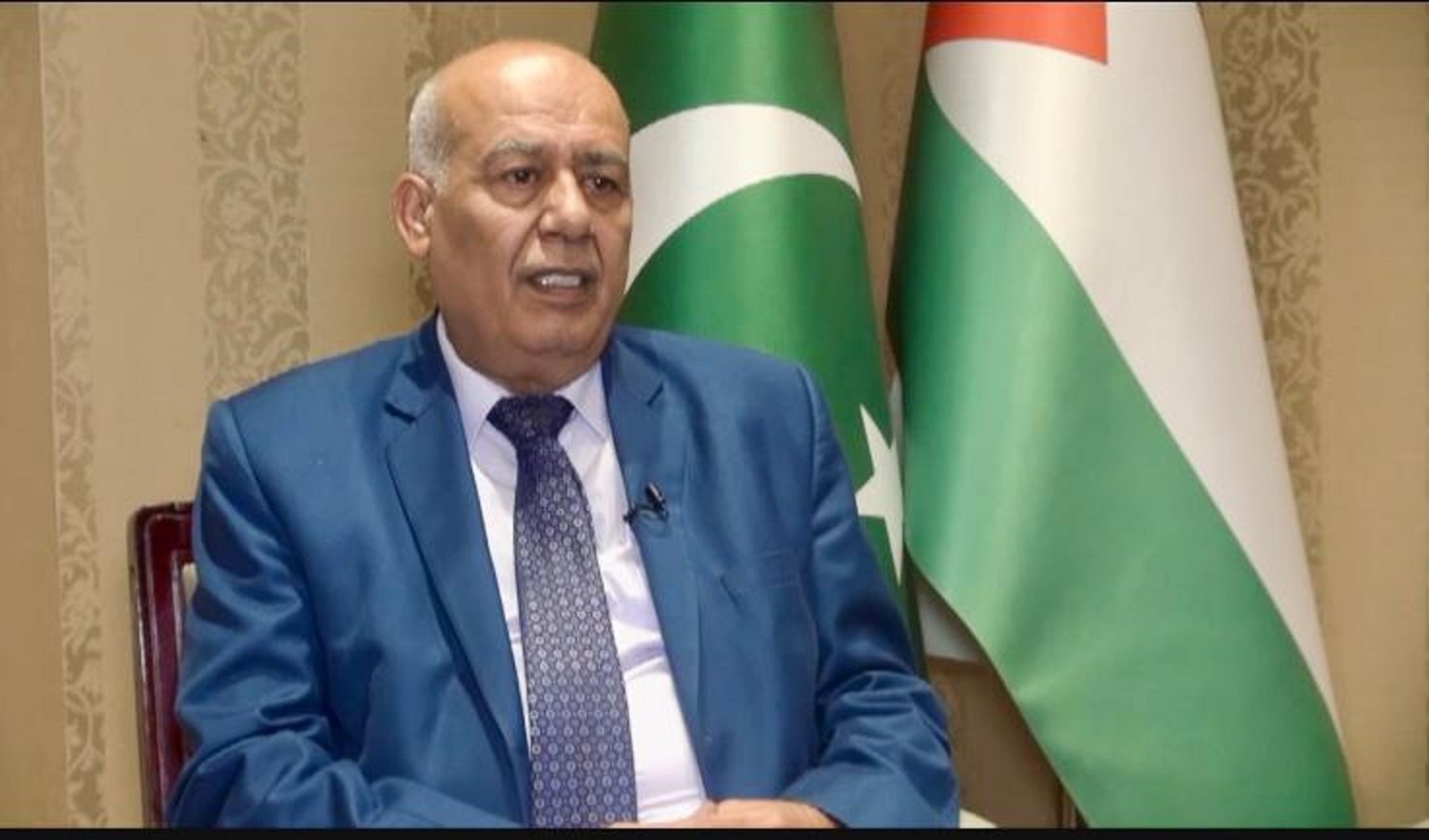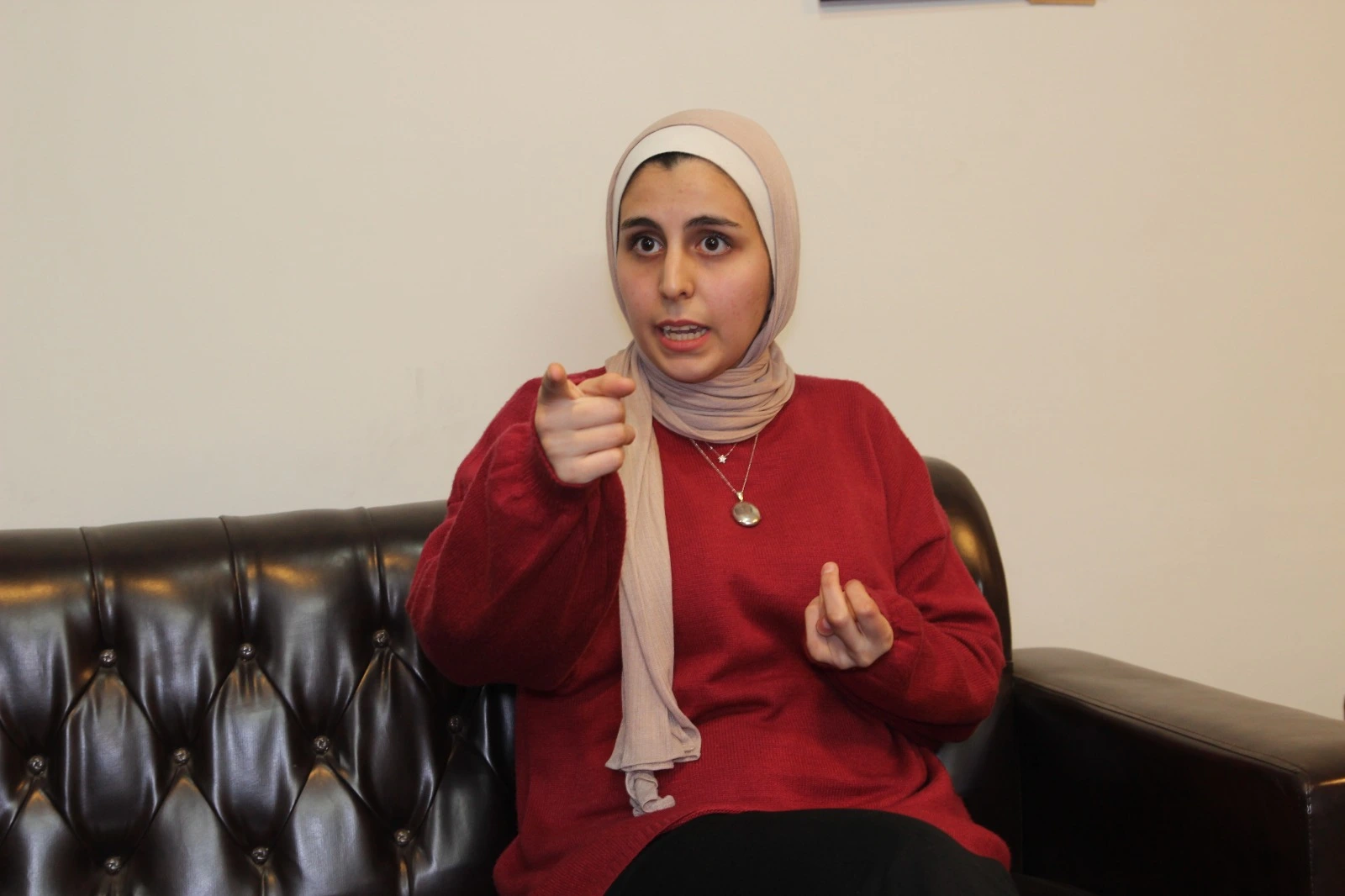KPK has Limited Access to Education, Healthcare & Economic Opportunities: Shagufta Malik.
Shagufta Malik is a seasoned politician with two terms of experience as a member of the Khyber Pakhtunkhwa Assembly. Talking of Peshawar, one cannot forget the haunting memories of APS attack. The province has been marred by terrorism. Yet, the committed response to defeat terrorism also depicts enthusiasm of the nation. KPK is governed by the PTI for last 12 years. Moreover, Imran Khan is so popular in the province that he made history by winning six NA seats simultaneously in 2022. Yet, there are rising socio-political, economic and security related challenges for the people of this province. So, we take an opportunity to discuss with a member of opposition on how she sees the future of KPK.
Shagufta Malik represents the Awami National Party or ANP as Central Joint Secretary. During her office, she chaired several committees including Sports, Culture, Tourism, Archeology and the Youth Affairs. Moreover, she also chaired Police and Public Safety Commission. Interestingly, she also became Member of Khyber Pakhtunkhwa Women Commission for two terms where she also chaired Women Harassment Committee in Provincial Assembly of Khyber Pakhtunkhwa. Ms. Malik actively contributed to the Population Council and Women Commission in her official capacity.
In her previous tenure, Ms. Malik passed Domestic Violence Bill. Currently, she is working on laws against trafficking of women. Ms. Malik has a strong commitment to advancing gender equality and sustainable development in KPK province. FactFile sat with honorable Member of the Provincial Assembly to discuss the social, political and economic landscape of KPK. Her views are presented below:
FACTFILE: How will you define your journey in politics and how difficult it was as a woman from a conservative region?
Ms. Shagufta Malik: My journey in politics has been both challenging and inspiring. Coming from a conservative region, I faced significant obstacles, including gender biases and societal pressure. However, these challenges only strengthened my resolve to work harder. My accomplishments, such as leading initiatives for women’s rights and youth development, are a testament to the resilience needed to break barriers in such an environment.
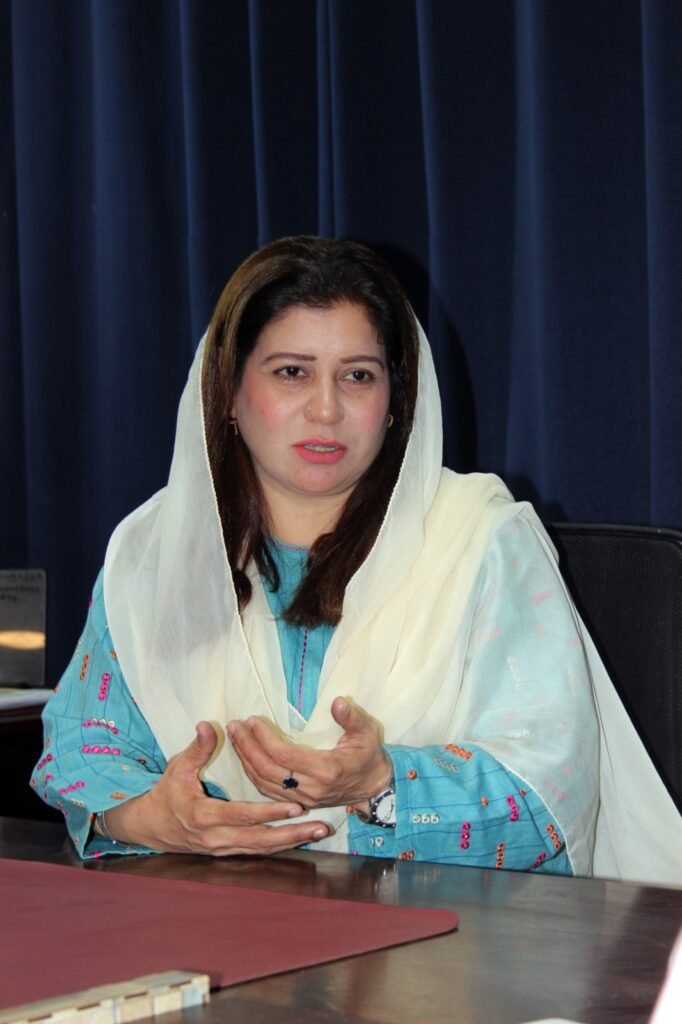
FACTFILE: What are the challenges for women in Khyber Pakhtunkhwa?
Ms. Shagufta Malik: Women in Khyber Pakhtunkhwa face challenges such as limited access to education, healthcare, and economic opportunities, compounded by cultural restrictions. Additionally, participation in politics and leadership roles remains difficult due to gender stereotypes and inadequate policy support for women’s empowerment. Well, remember when Gen Munir urged women to take part in KP’s ‘progress, development.’
The ANP government laid the groundwork for major infrastructure and educational reforms in Khyber Pakhtunkhwa from 2008 to 2013.
FACTFILE: What are the developmental goals for Khyber Pakhtunkhwa?
Ms. Shagufta Malik: Key developmental goals include enhancing infrastructure, improving education and healthcare access, promoting economic opportunities, and ensuring sustainable resource management. Focusing on these areas will drive socio-economic progress and improve the overall quality of life in the province. I hope to see it happening one day.
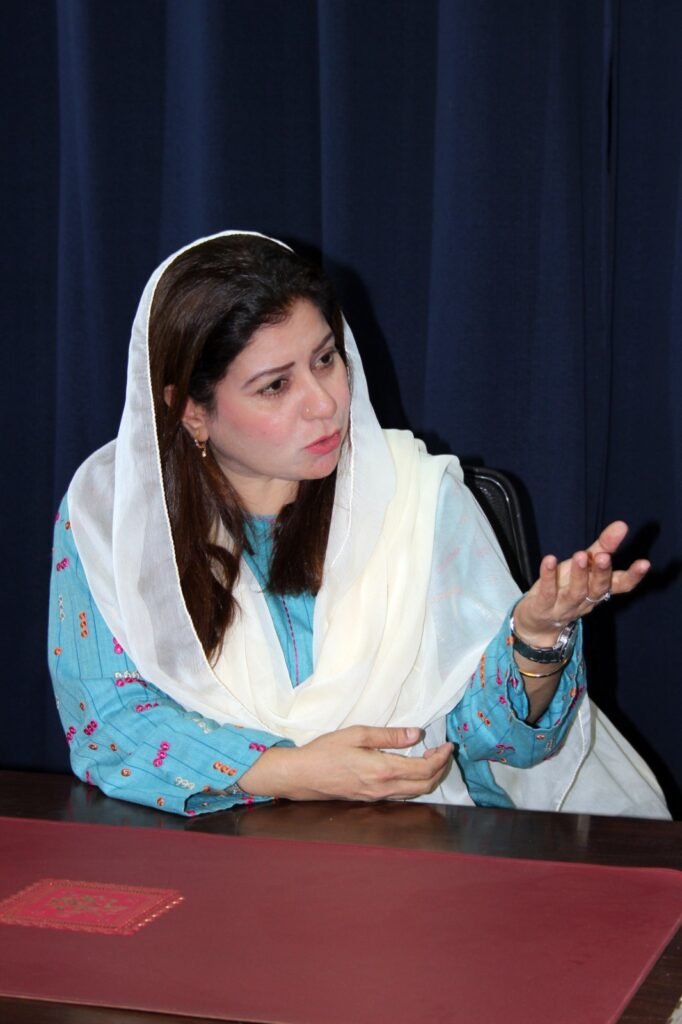
FACTFILE: Can you share your personal achievements as a parliamentarian for 10 years?
Ms. Shagufta Malik: During my 10-year tenure, I led initiatives to promote sports among youth, particularly emphasizing inclusivity for women. I played a pivotal role in shaping population management strategies and advocated for legislative reforms to support gender equality and protect women’s rights. There are several specific instances which resulted in enactment of laws and policies in favor of women in KPK.
PTI capitalized on a narrative of change. However, I think they have miserably failed to capitalize on their voter’s hopes.
FACTFILE: How will you describe the performance of ANP in government during 2008-13?
Ms. Shagufta Malik: I will call it an utter success. The ANP government laid the groundwork for major infrastructure and educational reforms in Khyber Pakhtunkhwa from 2008 to 2013. Despite facing immense challenges, including terrorism, our focus on peace-building and development created a lasting impact on the province. Whether it’s launching of universities or promotion of girls education; ANP has a mark on it in the entire province. There is no other party that can claim similar number of projects of public welfare.
FACTFILE: How do you see the role of ANP for the past decade?
Ms. Shagufta Malik: Over the past decade, ANP has remained committed to promoting peace, democracy and progressive values. We have been a consistent voice for the rights of marginalized communities, advocating for development projects and addressing issues of extremism through policy and public engagement.
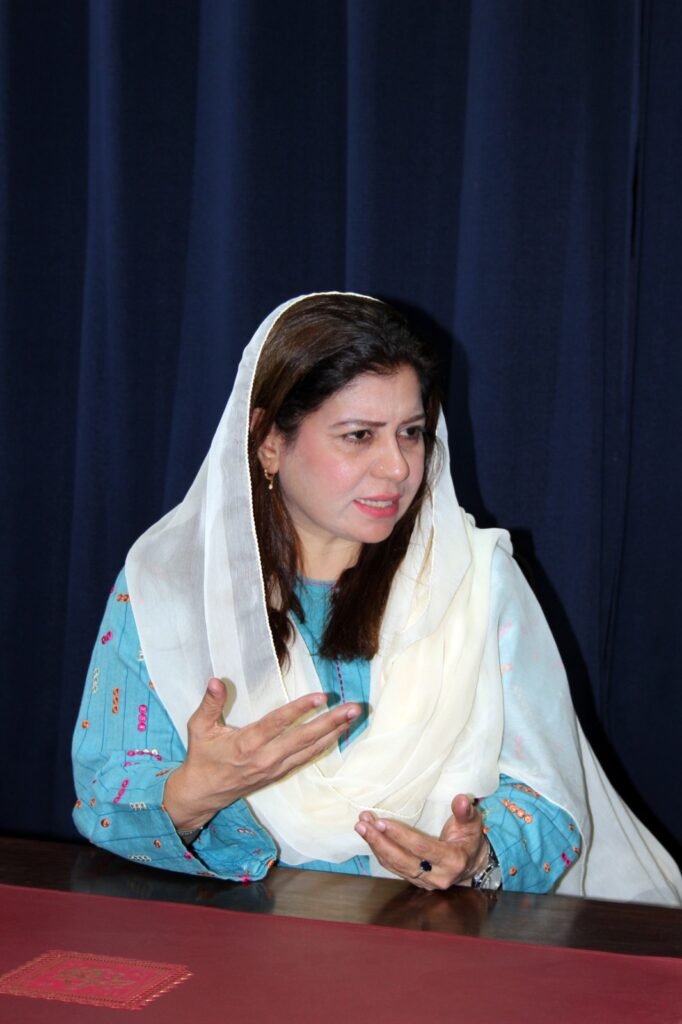
FACTFILE: ANP could not get any major seats in 2024 elections. What are the reasons for such dismal performance?
Ms. Shagufta Malik: The 2024 election results reflected a broader wave of political change. Factors such as strategic miscalculations, a fragmented opposition, and the appeal of populist narratives contributed to our performance. We are, however, committed to introspection and revitalizing our grassroots connections.
It must be noted that ANP was targeted directly in several elections in the past. Still, we are committed under the leadership of Aimal Wali to bring about a better future for the people of KPK.
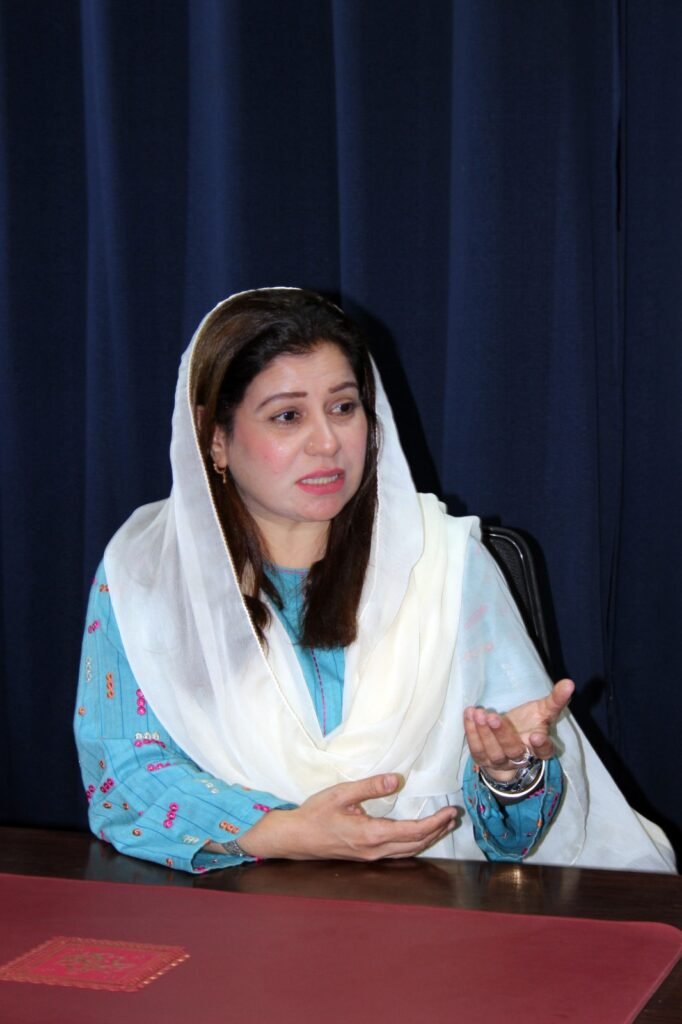
FACTFILE: How do you see Tehreek-i-Insaf’s performance in Khyber Pakhtunkhwa for last 10 years?
Ms. Shagufta Malik: PTI’s performance in Khyber Pakhtunkhwa for the last 10 years has been dismal. There is no concern for social issues like healthcare access, unemployment, and women’s empowerment. The governance model also faced challenges in ensuring inclusive development. The infrastructure in KPK is further deteriorated. So, I find it as a failed government.
FACTFILE: Why do you think people voted so heavily in PTI’s favor in 2024 in your province?
Ms. Shagufta Malik: PTI capitalized on a narrative of change, addressing voter fatigue with traditional parties and promising economic revitalization. There were other factor such as effective communication initiatives resonated with a wide audience, particularly the youth. However, I think they have miserably failed to capitalize on their voter’s hopes.

